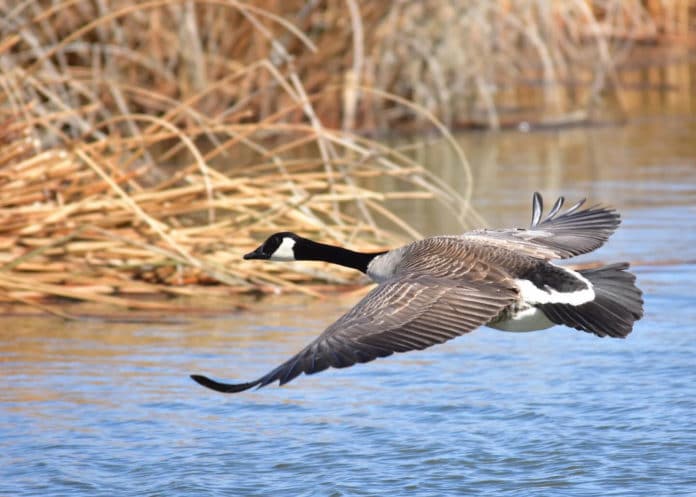Human exercises purposefully and inadvertently present more plant and animal species increasingly to new areas of the world—for instance, through commodity transport or tourism.
Some of these alien species have negative ramifications for biodiversity and humans well-being, for instance, by uprooting native species or transmitting diseases. In any case, while we have moderately useful information on the historical spread of alien species, there is still little information about their future development.
A new study by the University of Vienna has concluded that an increase of 20 to 30 percent of invasive non-native (alien) species would lead to dramatic future biodiversity loss worldwide.
20 to 30 percent in the number of newly introduced alien species is considered sufficient to cause massive global biodiversity loss. It is a value that is likely to be reached soon, as the number of introduced species is continuously increasing.
Scientists identified three main reasons, the increasing global transport of goods, trailed by climate change, and then the impacts of economic development, for example, energy consumption and land use. The study additionally shows that the spread of alien species can be significantly slowed down by ambitious countermeasures.
Scientists additionally investigated the influence of the increase of alien species on various regions of the world: For instance, tourism is a significant driver of biological invasions in tropical and subtropical areas, while climate change favors the endurance and establishment of alien species later on, particularly in polar and temperature regions.
Bernd Lenzner from the University of Vienna said, “Our study illustrates the option space we currently have to reduce the future impacts of alien species.”
“The results from an important scientific basis for the further development of international agreements such as the Sustainable Development Goals or the Convention on Biological Diversity. This way, we will be able to reduce the negative impacts of alien species on global biodiversity and our society.”
Helen Roy of the UK Centre for Ecology & Hydrology, one of the co-authors, says: “There has been a rapid escalation in the number of non-native species being transported and introduced by humans around the world; the adverse effects of some of these so-called invasive non-native species on biodiversity and ecosystems has been extensively documented.
“It is now critical that we work collaboratively to predict future patterns so that we can inform appropriate action going forward—such as improved biosecurity to prevent further introductions of the most damaging invasive non-native species.”
The study involved 38 researchers from across Europe, North and South America, New Zealand, and South Africa.
Journal Reference:
- Franz Essl et al, Drivers of future alien species impacts: An expert‐based assessment, Global Change Biology (2020). DOI: 10.1111/gcb.15199
